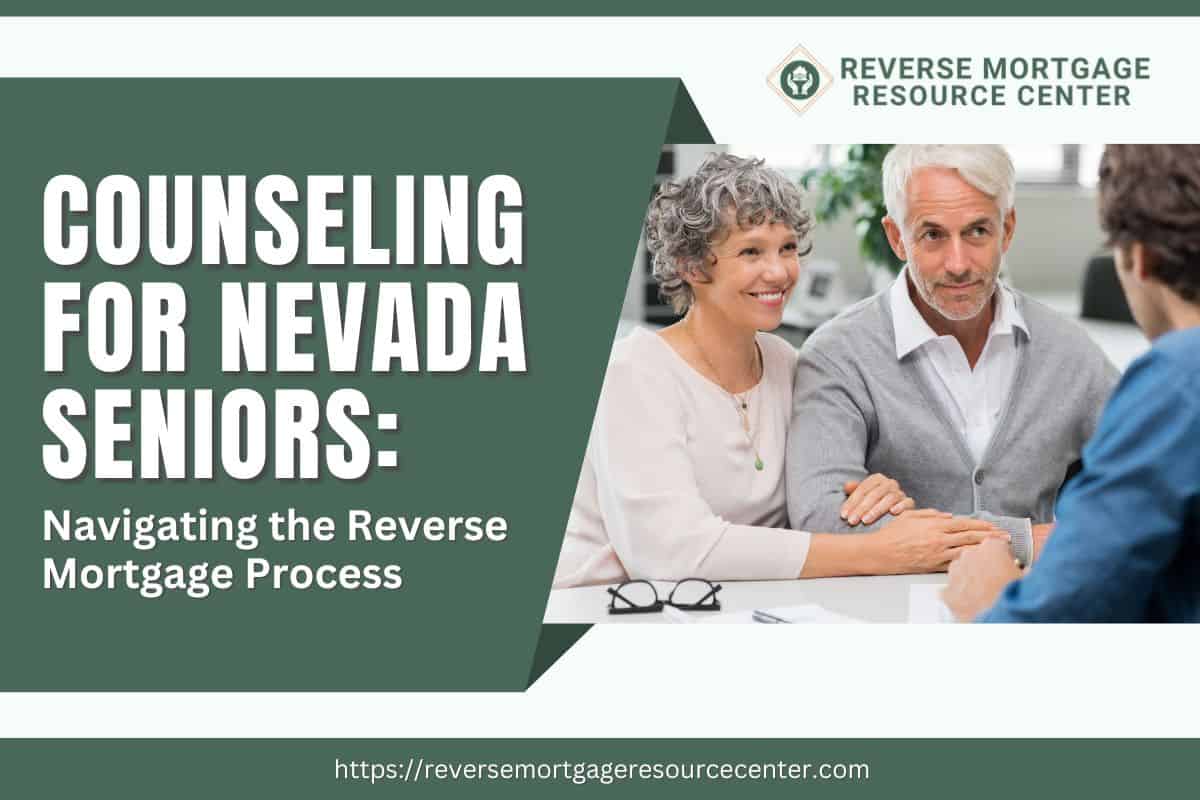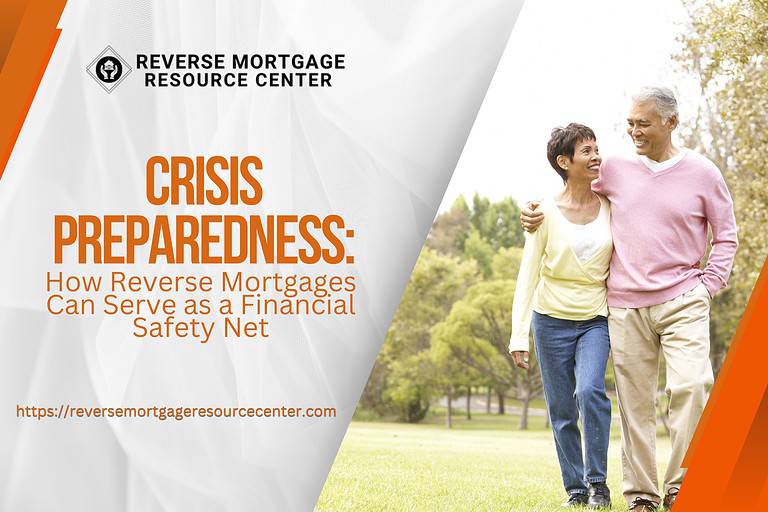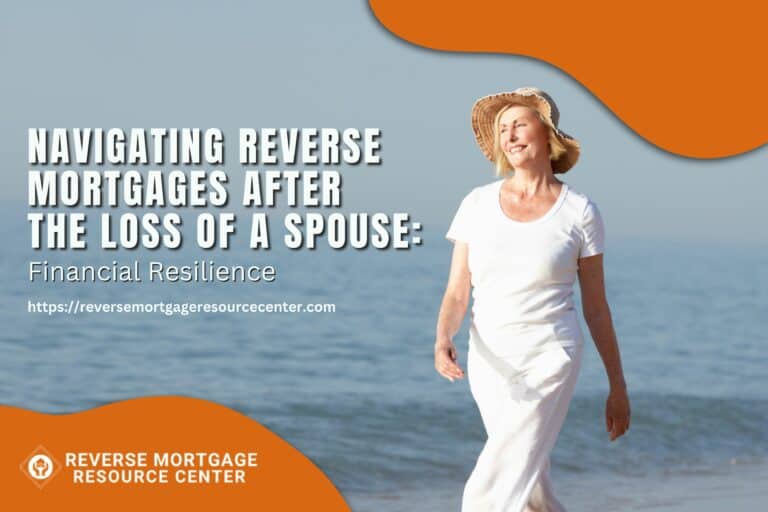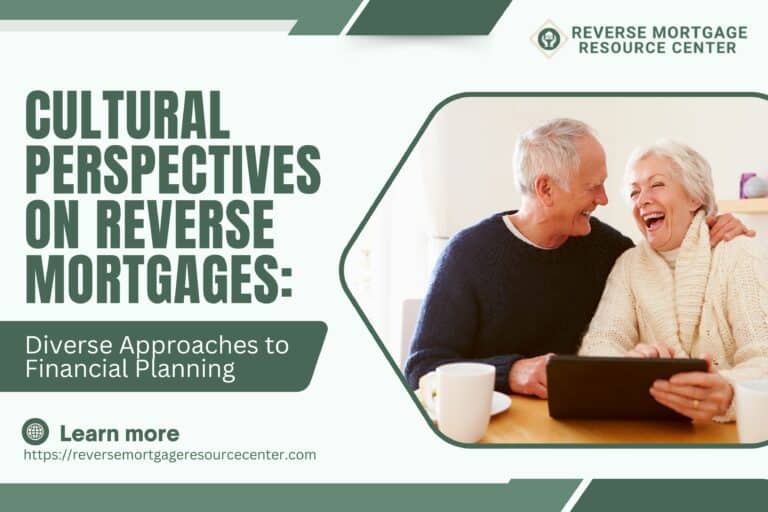Counseling for Nevada Seniors: Navigating the Reverse Mortgage Process
As Nevada’s senior population grows, many retirees face financial difficulties in their golden years. A reverse mortgage is one option for seniors wishing to unlock the equity in their homes. However, understanding the reverse mortgage process can be complicated, and making costly mistakes without proper help is simple. We will delve into the complexities of reverse mortgages in this detailed guide, highlighting the significance of counseling for Nevada seniors. By the conclusion, you’ll understand what reverse mortgages are and why counseling is such an important part of the process.
Understanding Reverse Mortgages
What Is a Reverse Mortgage?
A reverse mortgage is a financial instrument tailored to homeowners aged 62 and up. It allows elders to access the equity they have built in their homes over time. A reverse mortgage, as opposed to a standard mortgage, allows seniors to receive disbursements from the lender, effectively transforming a portion of their home value into readily accessible funds.
Types of Reverse Mortgages
Nevada elders can choose from three types of reverse mortgages:
Home Equity Conversion Mortgage (HECM): The most prevalent type of reverse mortgage is the HECM, which is insured by the Federal Housing Administration (FHA). HECMs provide a variety of disbursement options as well as borrower protections.
Proprietary Reverse Mortgage: These are reverse mortgages that are privately insured and are offered by private lenders. They may have higher borrowing restrictions than HECMs, making them appropriate for persons with high-value properties.
Single-Purpose Reverse Mortgages: These are often provided by state or local government bodies and nonprofit organizations. They are designed for certain objectives, such as house repairs or property taxes.
Why Counseling Is Essential
Navigating the Nevada reverse mortgage procedure can be difficult, and it is not a decision to be taken lightly. This is where reverse mortgage counseling can help. Here’s why it’s critical:
1. Understanding the Process
Counseling for reverse mortgages helps seniors understand the entire process. Counselors explain a reverse mortgage’s terms, eligibility criteria, and obligations. Seniors can make more educated judgments with this knowledge.
2. Assessing Suitability
Not everyone is a good fit for a reverse mortgage. Counseling sessions assist seniors in determining whether a reverse mortgage is a good fit for their financial objectives and circumstances. It allows for the exploration of alternate solutions if necessary.
3. Legal Protections
Counselors educate elders on their legal rights and protections under Nevada and federal laws. This includes information on non-recourse clauses, which protect successors from repaying more than the home’s value.
4. Avoiding Scams and Predatory Lending
Unfortunately, scammers and unscrupulous loan practices target vulnerable elderly. Reverse mortgage counseling assists elders in recognizing red flags and avoiding unscrupulous scams.
5. Financial Implications
The financial ramifications of a reverse mortgage are discussed in counseling sessions, including interest rates, loan costs, and how it may affect retirement income, estate planning, and government programs such as Medicaid and Supplemental Security Income (SSI).
The Counseling Process
Reverse mortgage counseling is an organized process to help elders make informed financial decisions. Here’s what you may expect:
1. Finding a HUD-Approved Counselor
Seniors should seek a reverse mortgage counselor approved by the Department of Housing and Urban Development (HUD). These counselors have received the necessary training and certification to give reliable and unbiased information about reverse mortgages.
2. Initial Consultation
The senior’s financial condition, including income, spending, and assets, is often assessed during the initial counseling session. The counselor gathers information to assess whether a reverse mortgage is appropriate for you.
3. Education and Information
Counselors provide in-depth information regarding reverse mortgages, such as the many types available, loan terms, and potential risks and benefits. They also explain how the loan will impact the senior’s financial circumstances.
4. Decision-Making
Following education, the counselor encourages the senior to make informed decisions. Seniors are encouraged to inquire and investigate alternate options. The counselor ensures that the senior completely comprehends the implications of a reverse mortgage.
5. Certificate of Counseling
Seniors who complete the counseling sessions are awarded a Certificate of Counseling. This certificate is required to proceed with a reverse mortgage application. It confirms that the senior has gotten the required counseling.
Applying for a Reverse Mortgage
Seniors can apply for a reverse mortgage after completing the counseling process. Here are the essential steps:
1. Lender Selection
Seniors should select a reliable lender that provides the reverse mortgage that best meets their needs. To achieve advantageous conditions, you must compare offers from multiple lenders.
2. Application
The application process entails giving the lender financial and personal information. This includes information about the residence, income, and expenses. The lender will also evaluate the borrower’s capacity to satisfy ongoing property taxes and insurance obligations.
3. Appraisal
An appraisal of the home’s value is performed to calculate the maximum loan amount. The appraisal ensures that the loan amount does not exceed the current market value of the house.
4. Underwriting and Approval
The lender reviews the application and appraisal reports. If all conditions are met, the loan is accepted, and the terms are completed.
5. Closing
When the loan is authorized, the borrower arranges for a closing with the lender. Final documents are signed at the closing, and monies are disbursed to the borrower.
Repayment of the Reverse Mortgage
A reverse mortgage is a debt that must be repaid like any other loan. The following is how payback works:
1. Repayment Triggers
When one of the following situations occurs, repayment becomes due:
- The borrower vacates the property.
- The borrower passes away.
- The borrower sells his or her home.
- The borrower fails to pay his or her property taxes or insurance.
2. Repayment Options
Repaying a reverse mortgage has various options:
- The borrower or his or her heirs can sell the house and use the proceeds to pay off the loan.
- The borrower or his or her heirs may refinance the loan.
- The borrower or his or her heirs can repay the debt with other assets or funding.
3. Non-Recourse Provision
The non-recourse provision in reverse mortgages is an important safeguard for elders. This provision assures that the borrower, the borrower’s estate, or the borrower’s successors are not obligated to repay more than the current market value of the home, even if the loan total outstanding loan balance exceeds that value.
Wrap Up
The path to financial security and peace of mind for Nevada elders considering a reverse mortgage begins with counseling. Understanding the nuances of reverse mortgages, determining eligibility, and being aware of one’s rights and protections are all critical components of a positive reverse mortgage experience.
Seniors can make well-informed decisions that match their particular financial objectives and circumstances by getting advice from HUD-approved counselors. Reverse mortgage counseling is not simply a recommended step; it is necessary to enable seniors to maximize the value of their home equity while protecting their financial future. Reverse mortgages can be a vital tool in the ever-changing field of financial goods, but only when treated with understanding and caution. Remember that reverse mortgage counseling is essential for a secure and enjoyable retirement.
REVERSE MORTGAGE RESOURCE CENTER ~LIVE LIFE ON YOUR TERMS~
Our Lending Team has been serving our clients since 2004. We are passionate about serving our clients with integrity to help them achieve their financial goals.







